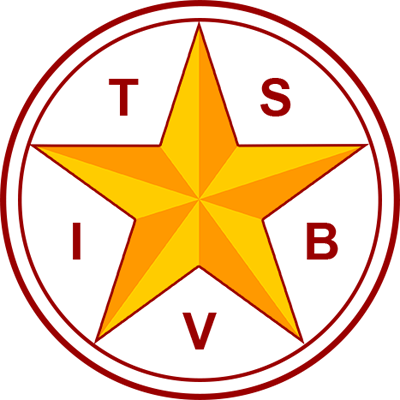Supports in Adult Life: One Family’s Solution
Authors: Lynne McAlister and Rachel Simpson, TSBVI VI Outreach
Keywords: Family Wisdom, blind/visually impaired, customized employment, supported decision making, adult life
Listen to the Article
For people who have ongoing support needs, transition from school to adult life can be complex and confusing. This article seeks to illustrate the positive outcomes that can arise during the creation of a comprehensive transition plan using these two processes together, as utilized by a young man named Tyrell Weeks.
Tyrell attended school both in his home school district and at Texas School for the Blind and Visually Impaired. A charming young man, he liked to work, meet new people, and play video games. Tyrell is highly motivated to do his best and to be a role model for others. Using the Customized Employment model, a team formed around Tyrell. This team consisted of TSBVI staff, TWC caseworkers, local school staff, and family members. The steps the team followed were Discovery, Job Development, Internships, Training, and Competitive Employment.
During the Discovery phase of Customized Employment, Tyrell participated in various vocational classes such as General Employability and Principals of Human Service. Tyrell also received instruction while rotating through on-campus work sites including a coffee shop, food service, animal care, and horticulture. Through these experiences Tyrell gradually became aware of his strengths within the work world as well as the challenges he faced in different job placements.

Photo of Tyrell and his teacher preparing food
When Tyrell had sufficient experience to come to a decision about the kind of job he wanted, his team at his home school district looked for a job development opportunity in his community. Tyrell’s dream was to work with children, specifically children with orthopedic impairments like himself. Tyrell very much wanted to be a role model for others as he had always longed for such when growing up. Tyrell’s teacher was successful in securing an internship for him at a local rehabilitation center where he cleaned and did various tasks. Although the placement was initially a volunteer position Tyrell’s Texas Workforce Commission caseworker was able to pay him using pre-employment training funds.
Through contacts at the community Independent Living Center, Tyrell’s TWC caseworker came across an unmet need. The center’s director was writing a grant to start a program fixing and cleaning durable medical equipment such as walkers and wheelchairs. She was seeking someone to fill that position. When she met Tyrell she immediately pegged him for the job. At the same time, Tyrell’s teacher helped Tyrell apply to a local college certificate program designed for students with disabilities. One of the certificates they offered was a certification in childcare. Tyrell’s teacher assisted him with all of the application paperwork and he was accepted into the program.

Photo of Tyrell sitting in his walker in a hallway with cleaning products
Throughout this entire process, Tyrell needed the support of a team to be successful. This support and cooperation helped Tyrell achieve his goals, but his need for such support does not end at age twenty-two. Part of a Customized Employment plan is to establish a system at home, work, and in the community to provide needed assistance and guidance throughout adulthood. In an effort to establish such a support system we looked to another model for help with decision making about important events in Tyrell’s life. Although he often needs help when deciding about issues that involve money and medical intervention, Tyrell is perfectly capable of making many more decisions that affect his life.
Because Tyrell and his family want him to retain the right to make his own decisions they were not interested in obtaining legal guardianship over him in adulthood. In order to both provide the supports and a customized level of independence, he and his family decided to use a model call Supported Decision Making.
During the 2015 Texas Legislative Session, legislation was passed that recognized supported decision making agreements as an informal alternative to guardianship. For Tyrell this means that medical information could be shared with both himself and his chosen “supporter.” This will allow his “supporter” to assist Tyrell to make an informed decision about his medical care. According to the ARC of Texas, “using a supported decision making agreement, a person with a disability chooses someone they trust to serve as their supporter.” They then jointly complete a plan of support, so that the person receives support only in the areas in which it is needed.
A form created by the ARC of Texas can be obtained at the link below. This form can be used for the purpose of Supported Decision Making for people who will retain their right to make decisions about their life, while allowing for support from a trusted individual(s).
As for Tyrell, he is now participating in a certificate training program at his local college and living at home. Not everything worked out exactly as planned throughout this process, but the missteps contained important life lessons and guidance about steps that need to be taken. Through Tyrell’s hard work, his family’s support, and the use of a team approach, he has achieved his major goals to date and is looking towards a bright future.
For more information about Supported Decision Making, you may contact the ARC of Texas at (800) 252-9729 or the National Resource Center of Supported Decision-Making at (202) 448-1448. The following websites also contain additional information:
http://www.supporteddecisionmaking.org/legal-resource/supported-decision-making-tool-kit
https://www.thearcoftexas.org/wp-content/uploads/2016/06/Supported_Decision_Making_For_Families_UPDATED_Jan_2016.pdf
